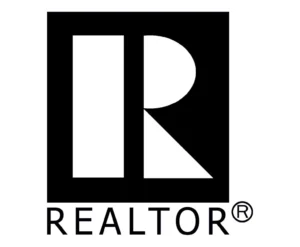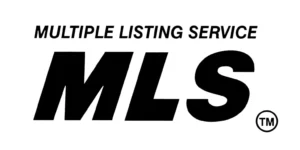in Pro Version
in Pro Version
Credit Card details
pro Feature Availablein Pro Version
Understanding Buyer Closing Costs in Home Buying Process
1. Down payment: This is the initial payment made towards the purchase price of the home.
2. Upfront MIP for FHA loan: If the down payment is less than 20%, you would multiply 1.7% by the loan balance to calculate the upfront MIP.
3. Prepaid interest rate: This is the interest that is paid in advance for the time period between the closing date and the first mortgage payment.
4. Discount point: This is an upfront fee paid to the lender to reduce the interest rate on the loan.
5. Upfront PMI for conventional loan: This is the initial payment for private mortgage insurance if you have a conventional loan.
6. Annual property taxes and prepaid 3 months taxes: This includes the yearly property taxes and the prepaid taxes for the first three months.
7. Annual insurance and HOA Fee: This covers the annual cost of homeowners insurance and any Homeowners Association fees.
8. Home insurance 2 months to hold in escrow: This is the amount needed to hold in escrow for two months of home insurance payments.
9. Title Charges: These are fees associated with transferring the title of the property from the seller to the buyer.
10. Miscellaneous expenses: This can include any other fees or expenses related to the home purchase process.
11. Credit and earnest money: This includes any credits given by the lender or seller, as well as the earnest money deposit made by the buyer to show good faith in the transaction.
Understanding all the components of closing costs is essential for buyers to budget effectively and ensure a smooth home buying process. By being aware of the various expenses and potential credits available, buyers can navigate the closing process with confidence and ease.





